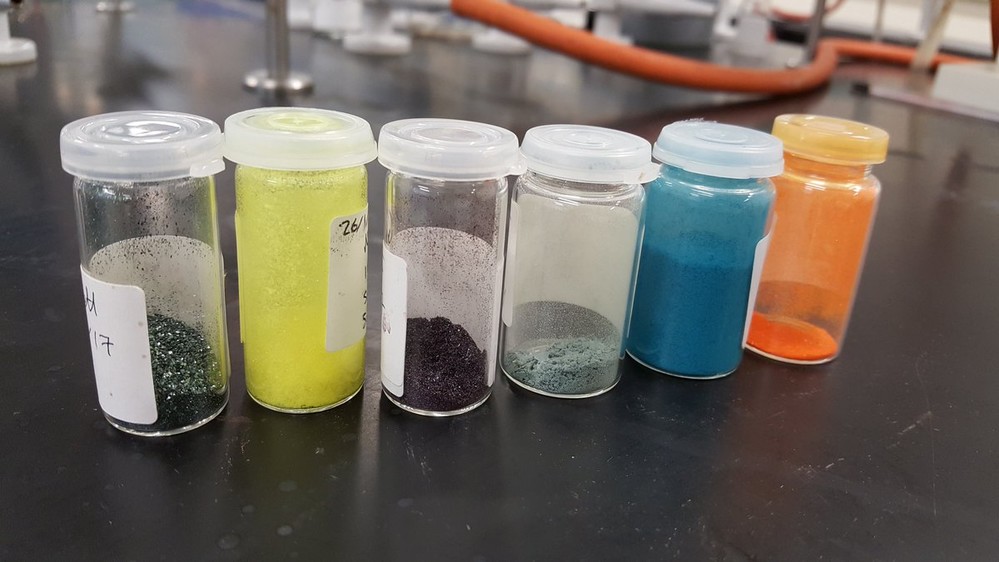What is Materials Chemistry?
Materials Chemistry is concerned with both the chemistry and physics of matter and is a truly interdisciplinary subject, spanning as it does chemistry and physics as well as engineering and industrial manufacturing processes.
Modern society is heavily dependent on advanced materials: lightweight composites for faster and more fuel efficient transport, optical fibres for telecommunications and silicon microchips for the information revolution. By studying materials chemistry, you will study the relationships between the atomic structure and the properties of materials. You will also develop a sense of what is required to develop new materials and devise processes for their synthesis. Materials chemistry is vital for developments in nanotechnology, quantum computing as well as medical technologies such as implant materials.
As a materials chemist you will have the potential to impact on many societal challenges including:
- the environment and climate change
- renewable and sustainable energy
- materials efficiency
- healthcare
- biotechnology
- aerospace and transport
- communications and information technology
The interdisciplinary programme we offer spans the subject from its inherent chemistry to the mechanical, electrical, magnetic and optical properties of materials ranging from metals and their alloys, polymers, nanomaterials and their composites as well as biomaterials.
Materials Chemistry at the School of Chemistry and Biosciences
The School of Chemistry and Biosciences (CBS) is committed to carrying out high impact materials research, developing new and original technology platforms that could be used to improve the modern world.
We work closely with the Centre for Polymer Micro and Nano Technology and the Analytical Centre on collaborative research projects and have a history of developing relationships with a range of industrial partners.
Materials chemistry is one of the most modern, cutting edge areas of chemical research and our school is well positioned to collaborate with a range of industrial sectors.

What do graduates of materials science and engineering do?
Approximately two-thirds of materials science graduates are in employment six months after graduating. The skills developed during a materials science degree mean graduates go into a range of employment including working as engineering professionals and in arts and marketing roles.
According to graduate prospects Ltd 90% of our graduates go in to fulltime employment or further study.
Materials science and engineering graduates are employed in a range of sectors, including:
- aerospace
- armed forces and defence
- automotive
- manufacturing
- nuclear industry
- oil and gas
- pharmaceuticals
- telecommunications
- utilities
